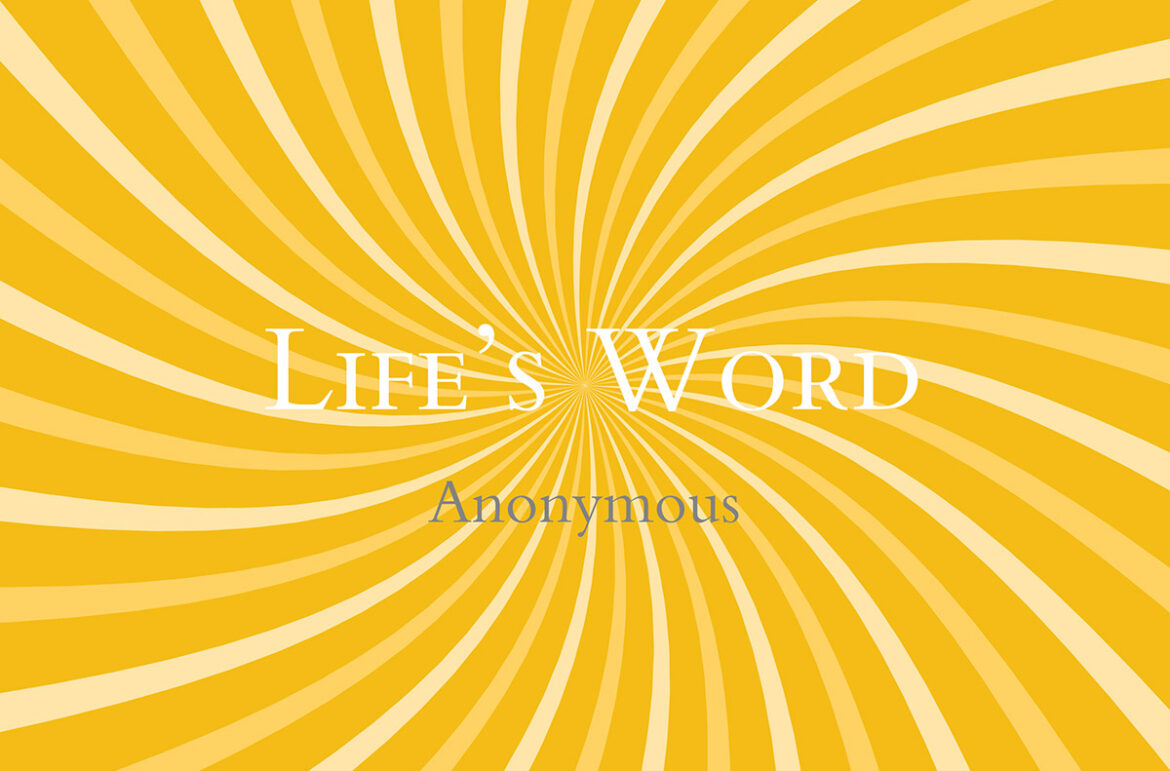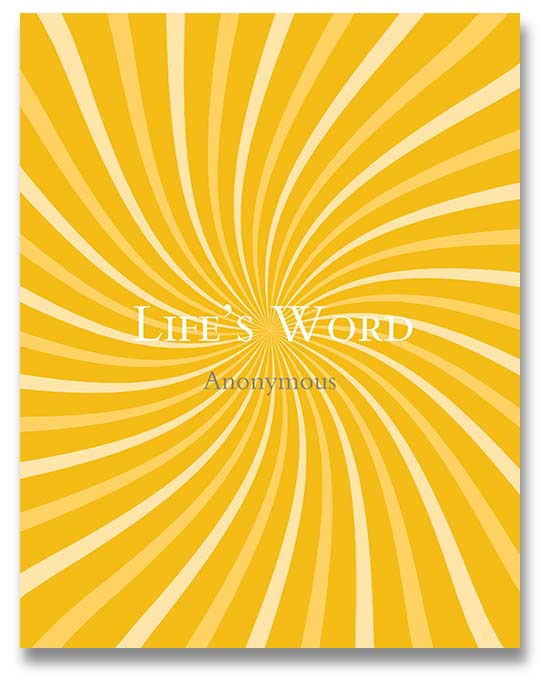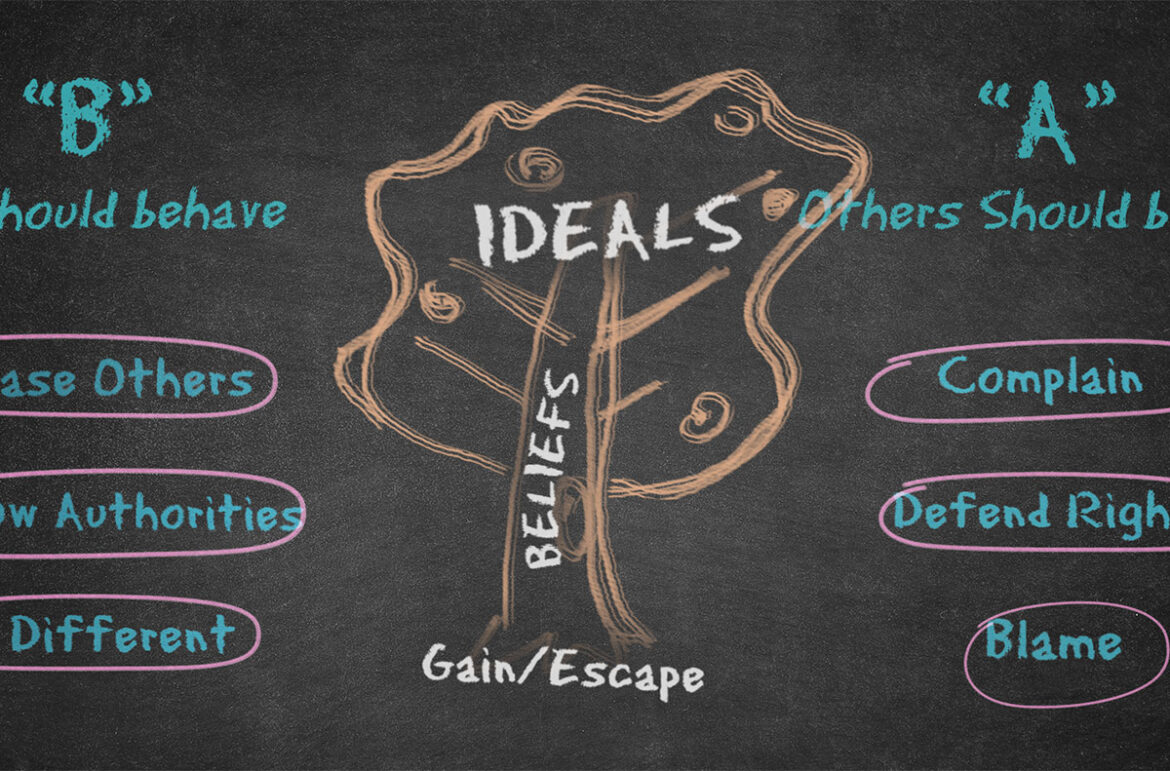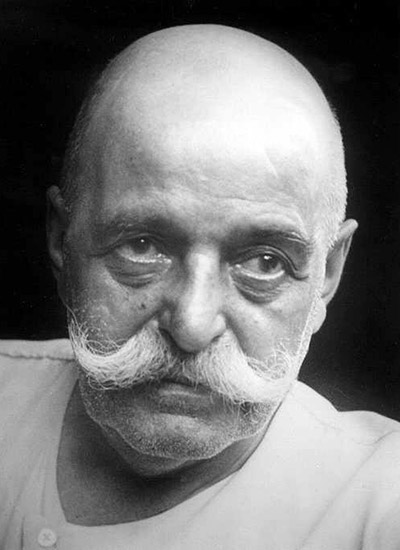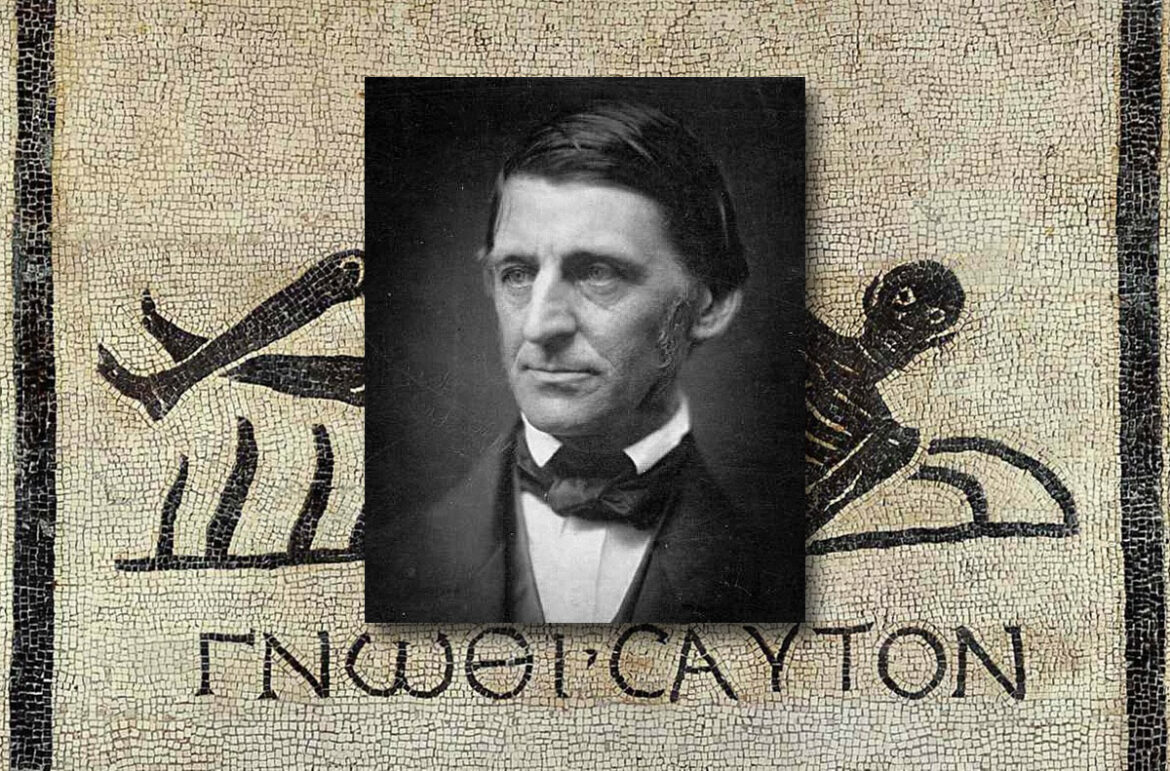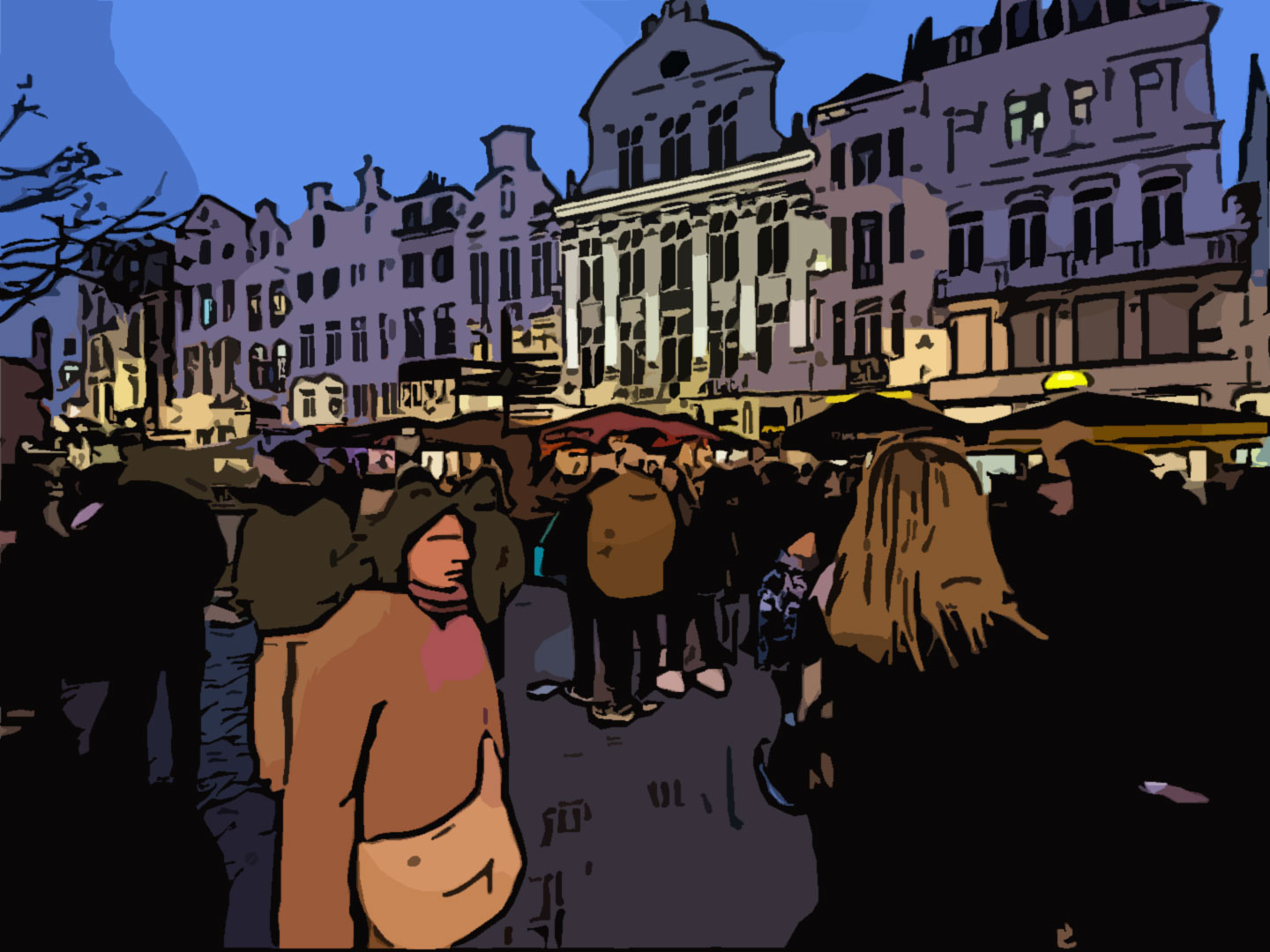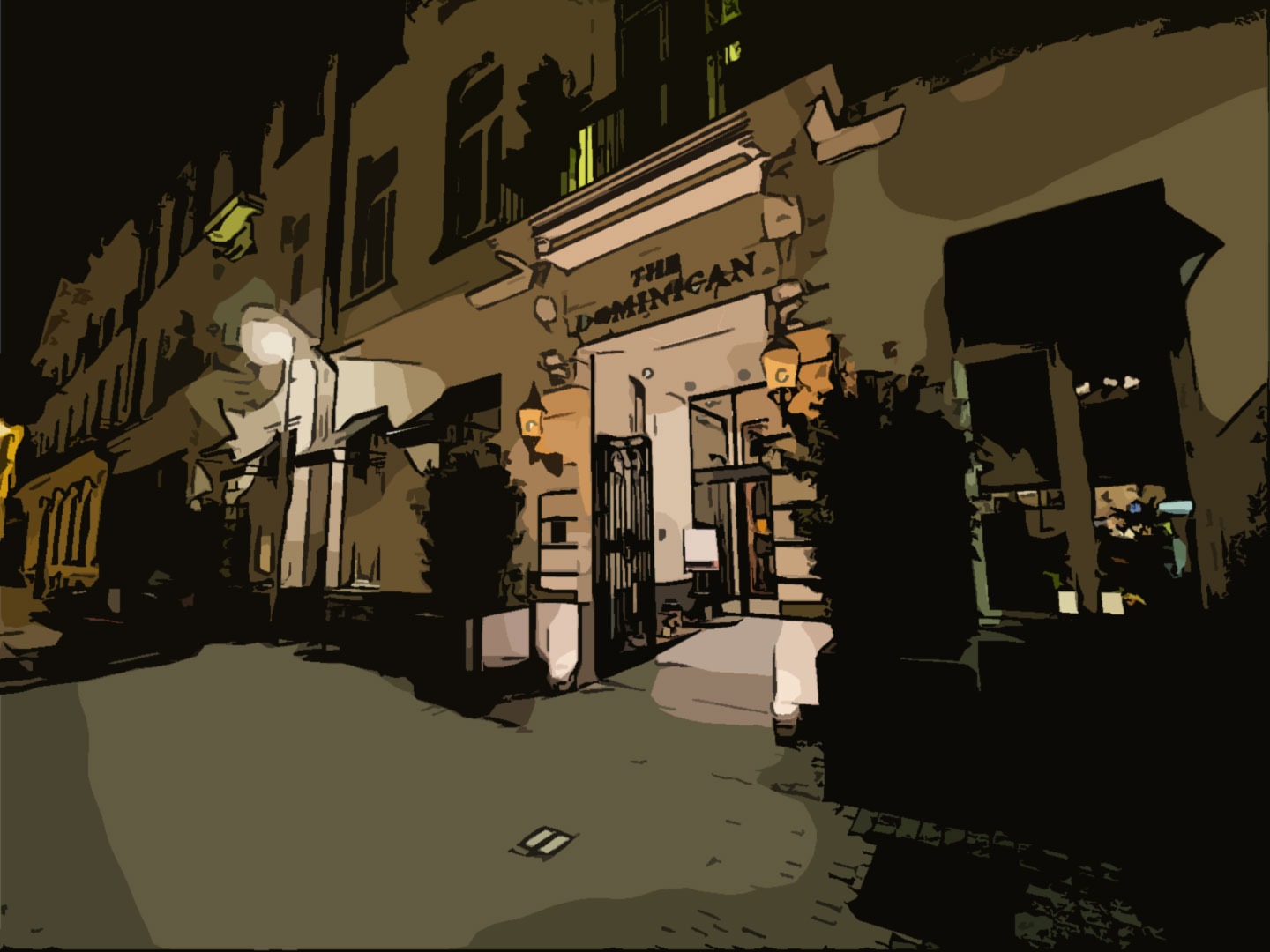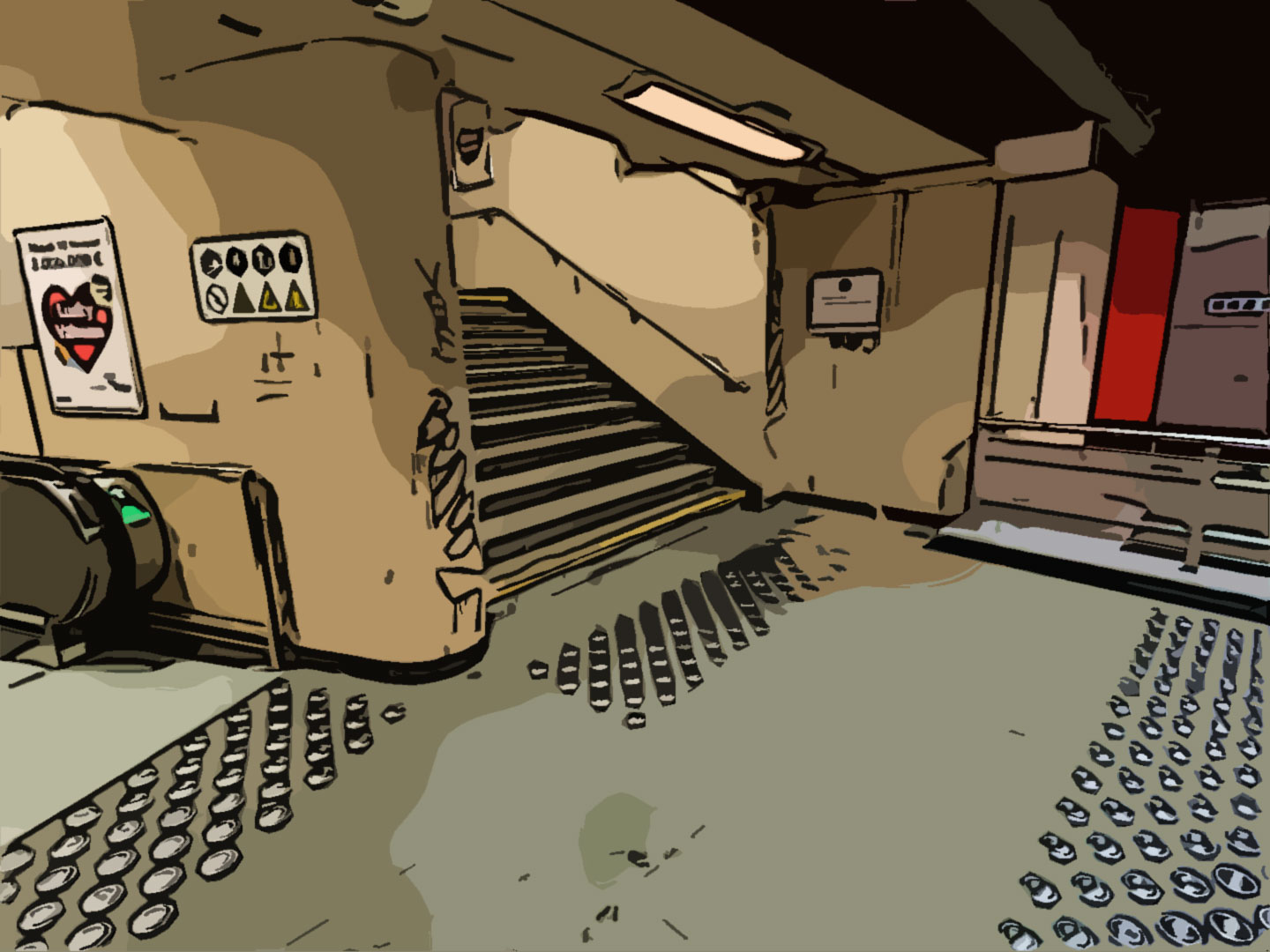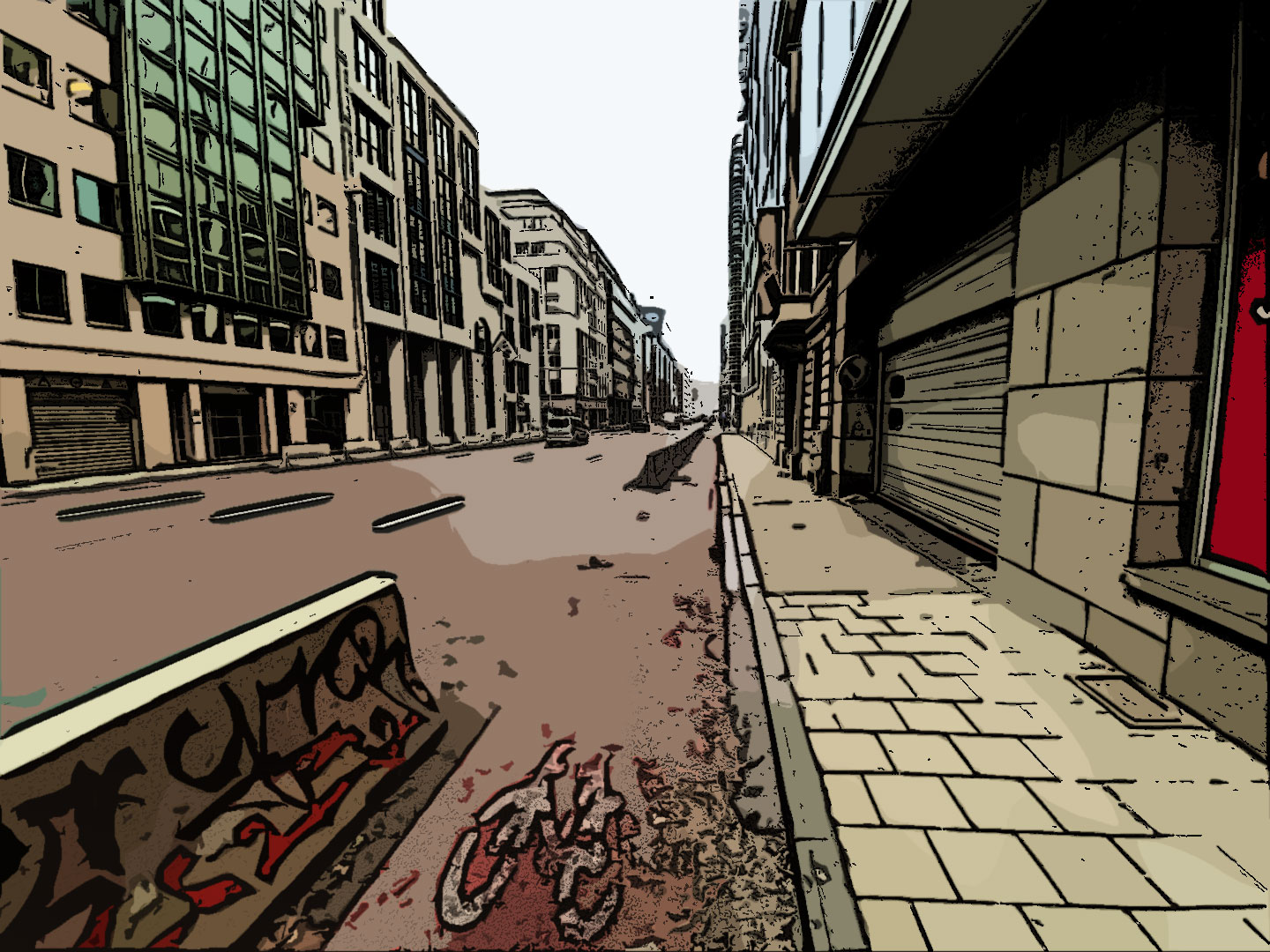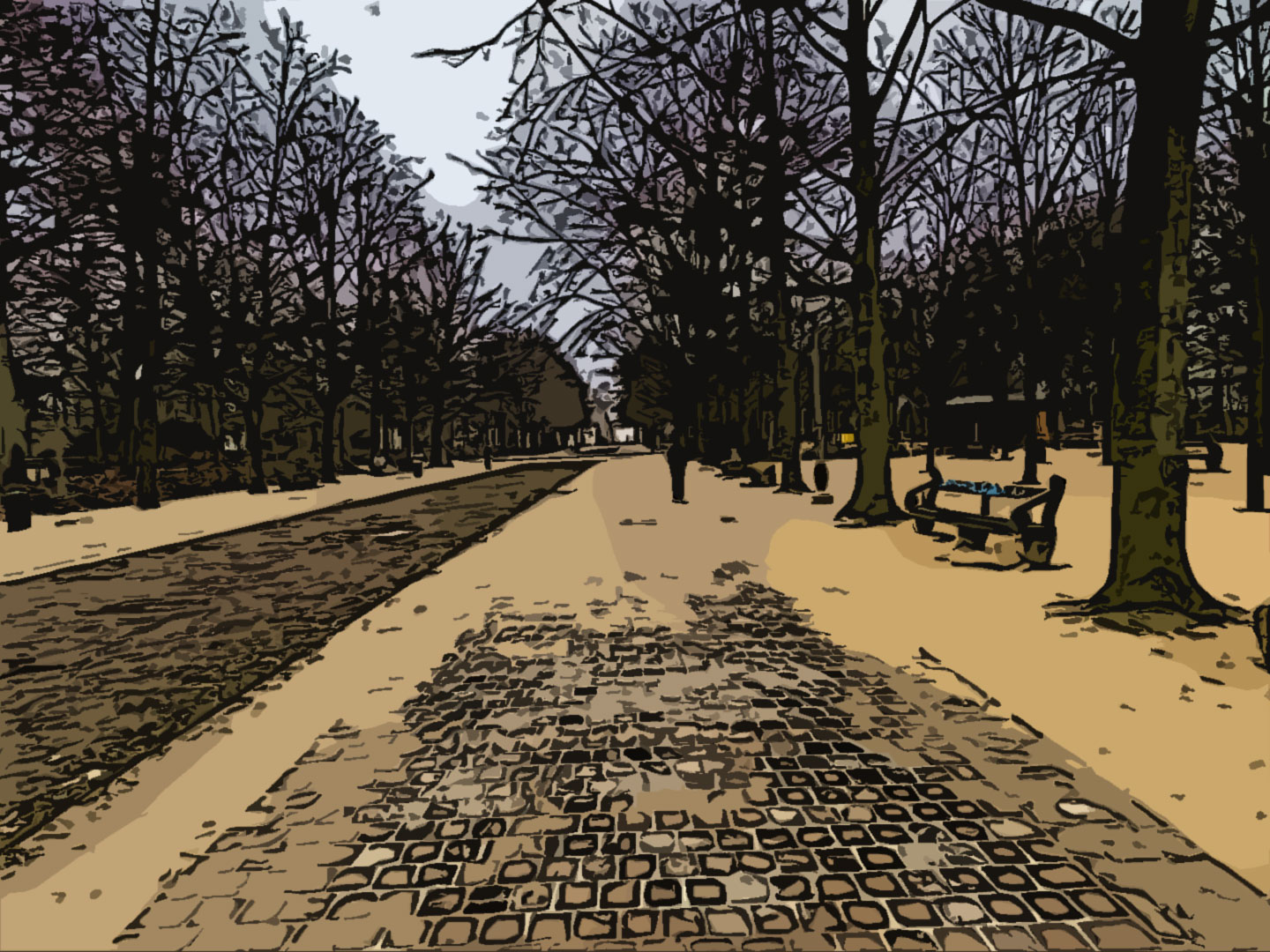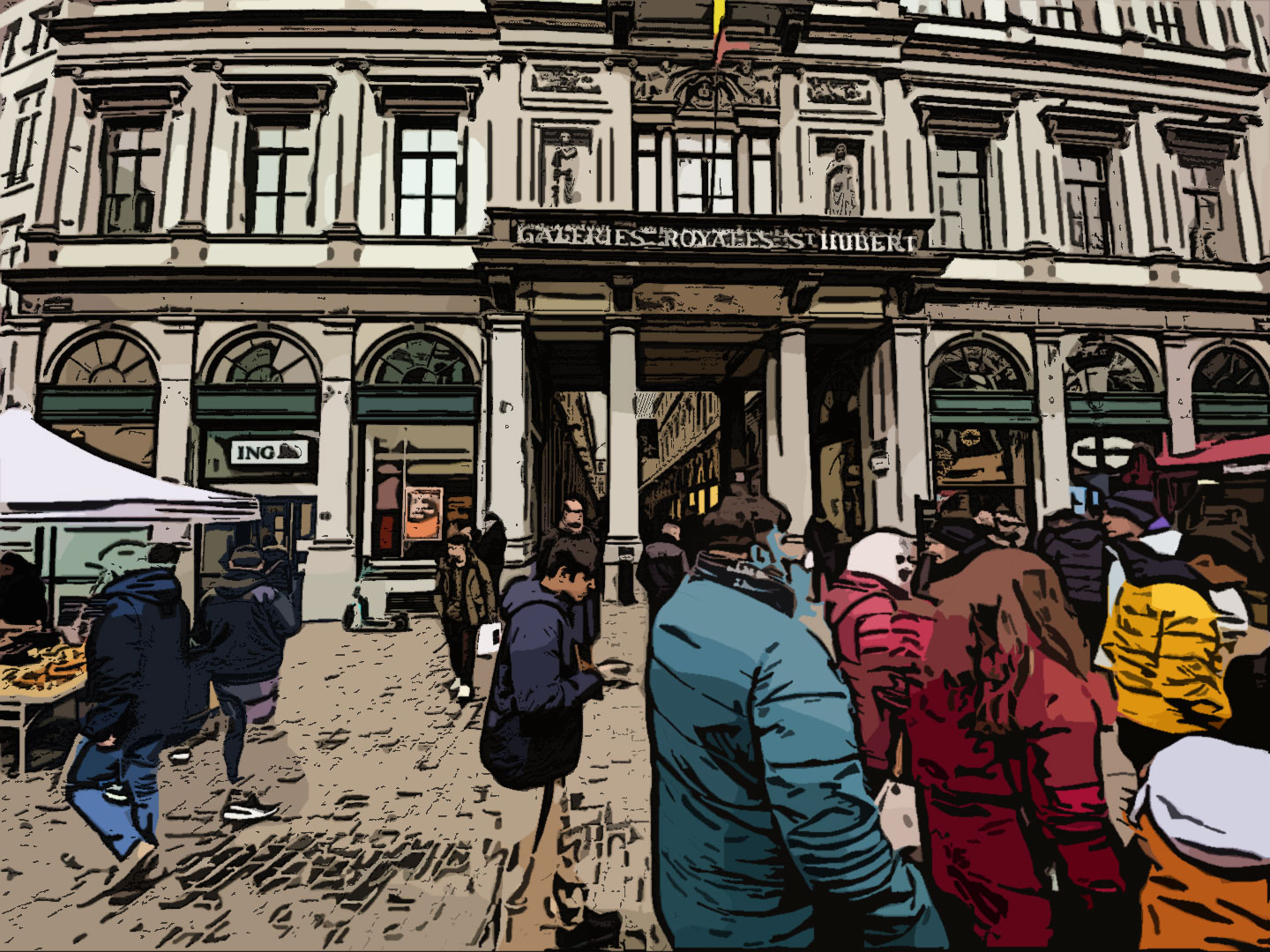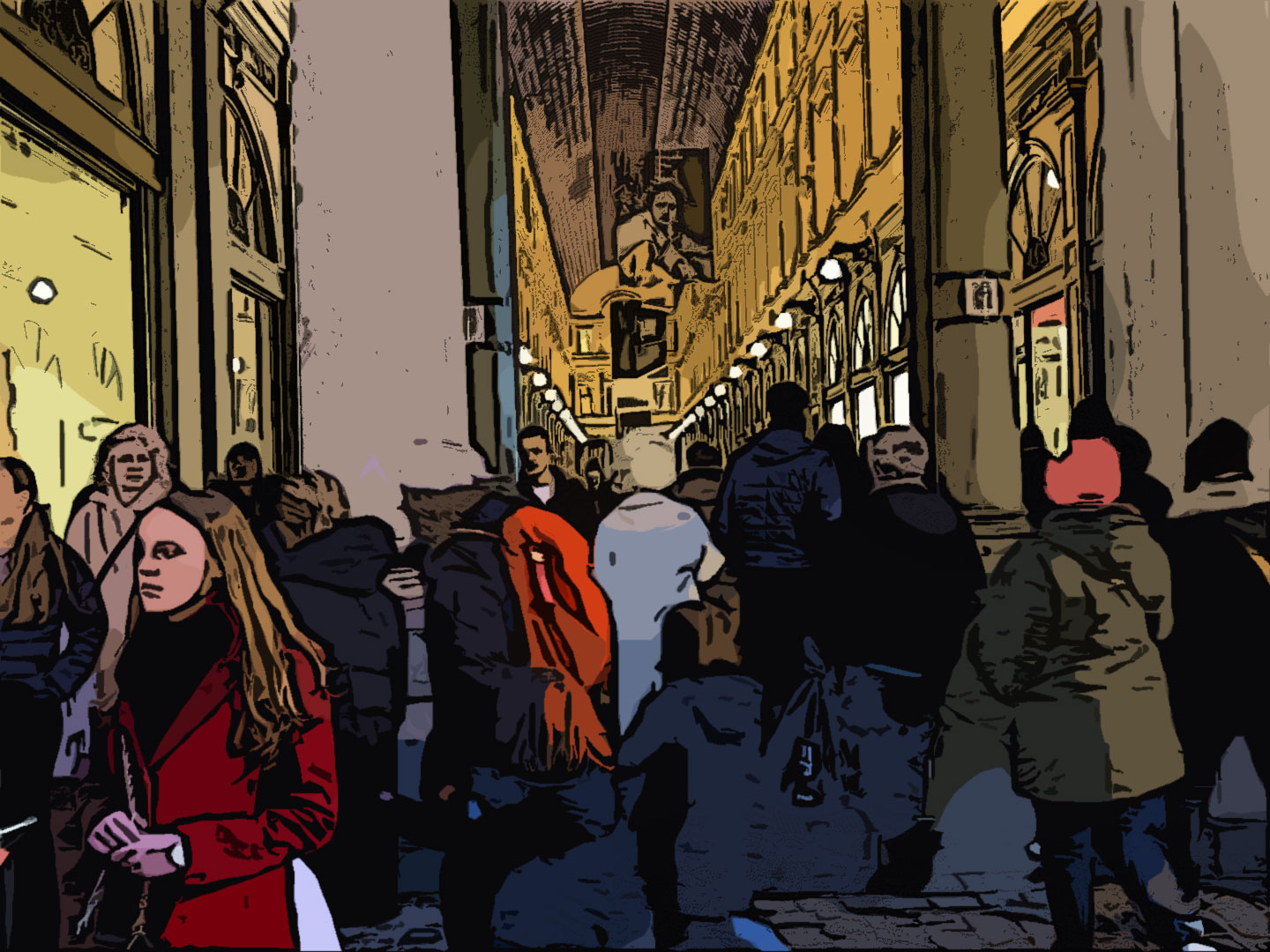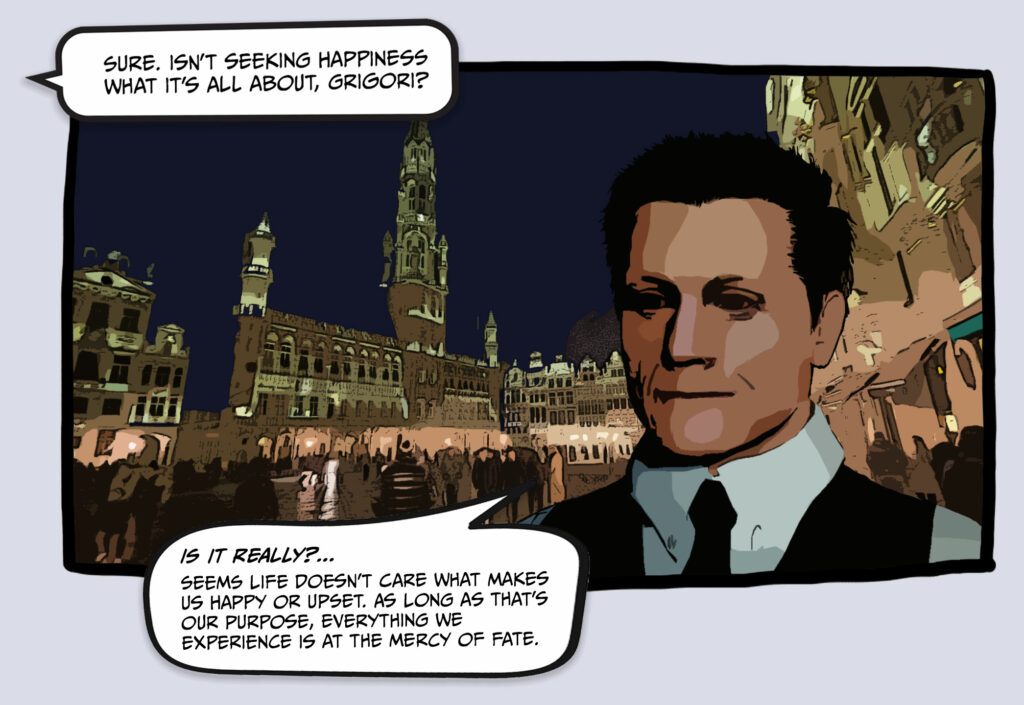In 1984, Spencer Johnson shared an Xpression in the form of a short book titled “The Precious Present.” The story describes a young man’s journey to adulthood and search for The Present, a mysterious gift he heard about from a wise old man during his childhood.
Like many engaged in spiritual work, it is only after the young man has searched high and low and all but given up his relentless pursuit that he discovers The Present.
The man chose NOW! And now the man was happy. He felt at peace with himself. He agreed to savor each moment in his life…The apparently good and the apparently bad…Even if he didn’t understand. For the first time in his life, it didn’t matter. He accepted each of his precious moments on this planet as a gift.
“I know that some people choose to receive the Precious Present when they are young, others in middle age, and some when they are old. Some people, sadly, never do. I can choose to receive the Precious Present whenever I want.”
As the man sat thinking, he felt fortunate. He was who he was, where he was. And now he knew! He would always be whom he was where he was.
He listened again to his thoughts. “The present is what it is. It is valuable. Even I do not know why. It is already just the way it is supposed to be. When I see the present, accept the present, and experience the present, I am well, and I am happy. Pain is simply the difference between what is and what I want it to be.”
“When I feel guilty over my imperfect past, or I am anxious over my unknown future, I do not live in the present. I experience pain. I make myself ill. And I am unhappy.”
“My past was the present. And my future will be the present. The present moment is the only reality I ever experience.”
Perhaps treat yourself to The Precious Present some time when you’re up for a new read.


